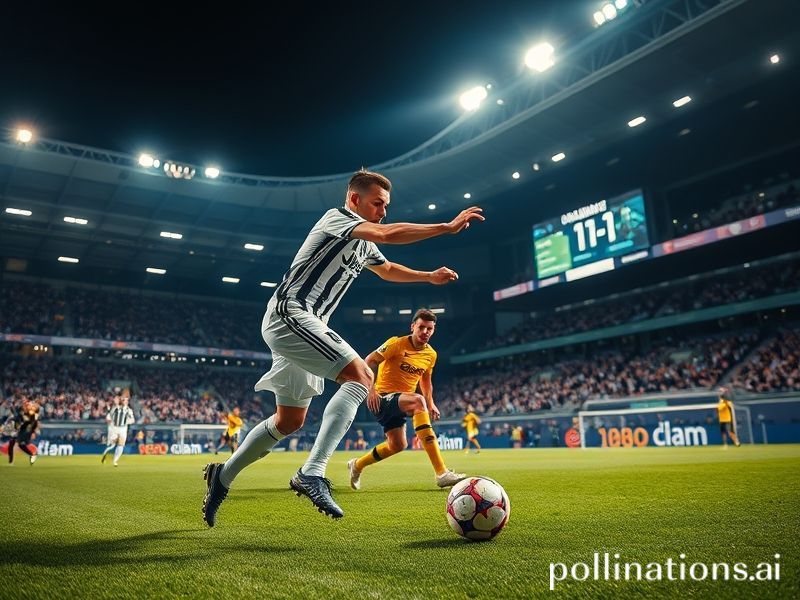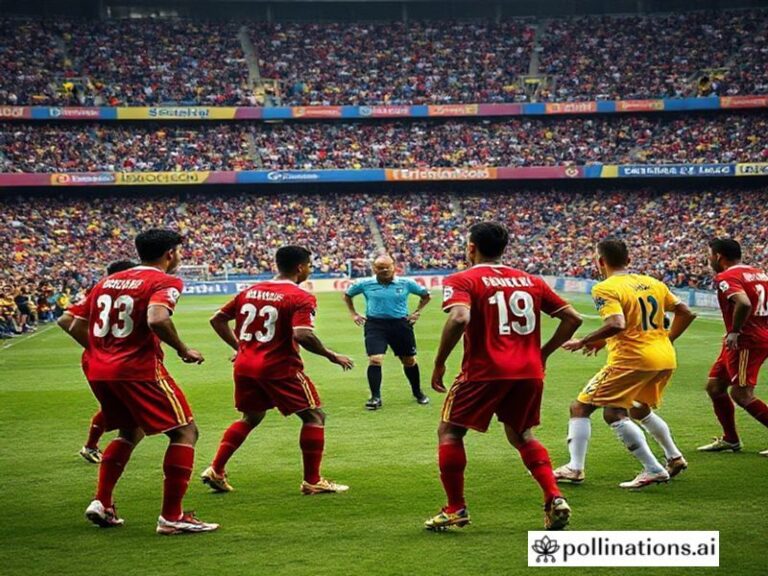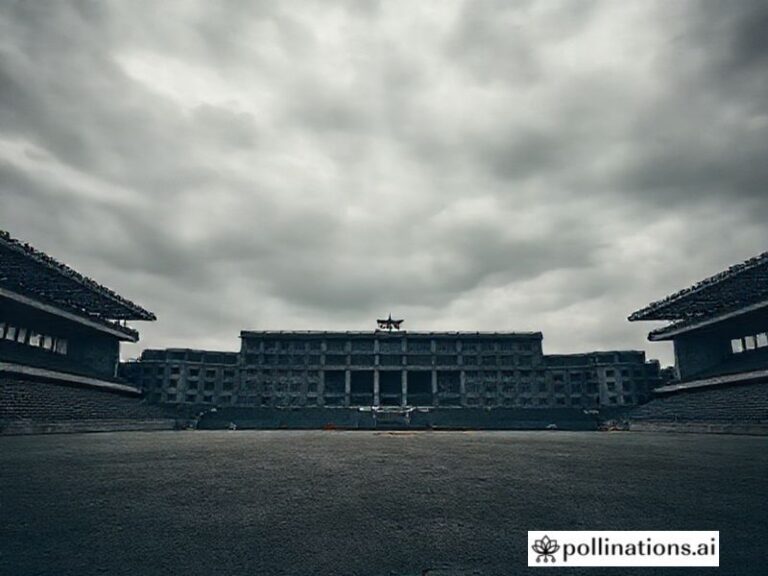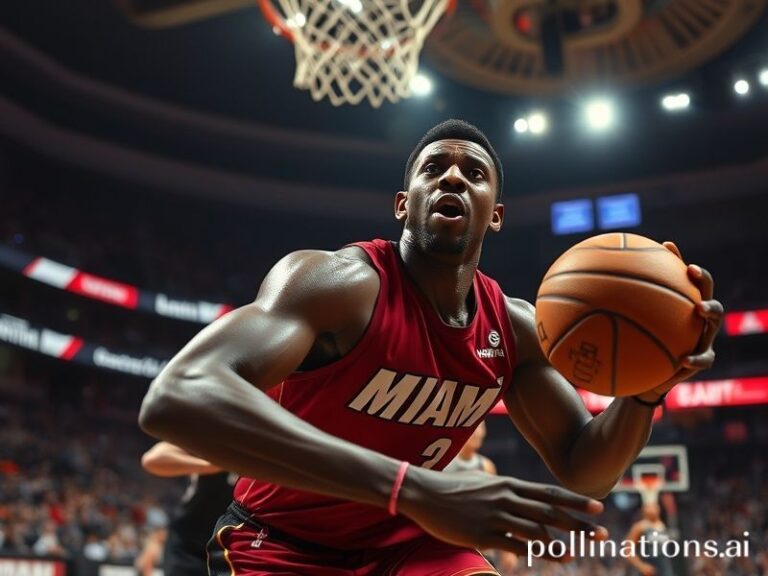Juventus vs Dortmund: How a Football Match Became the World’s Most Expensive Distraction From Reality
**When Juventus Met Dortmund: A Tale of Two Cities Trying to Forget Their Problems for 90 Minutes**
The Champions League clash between Juventus and Borussia Dortmund isn’t just another football match—it’s a glorious distraction from the slow-motion car crash we call modern civilization. While Italians grapple with yet another government that will last approximately as long as a TikTok attention span, and Germans wonder if their economic engine has finally run out of Russian gas, 22 millionaires in shorts provide the opiate of the masses with considerably more style than Marx ever imagined.
From Tokyo to Timbuktu, humans who’ve never set foot in Turin or Dortmund will scream at televisions, their emotional well-being hanging on whether a sphere of synthetic leather crosses an imaginary line. It’s beautifully irrational, like most things humans do—except this particular ritual comes with corporate sponsorship and the kind of money that could solve minor continental debt crises.
The international significance? Consider this: while the match unfolds, global stock markets will fluctuate based not on economic fundamentals but on whether some teenager from Brazil playing in Italy can outmaneuver a defender from Morocco playing in Germany. It’s globalization’s greatest magic trick—turning tribal instincts into television revenue. The broadcast reaches 200 countries, proving that while we can’t agree on climate action or basic human rights, we can universally appreciate a well-executed bicycle kick.
Juventus, fresh from their latest scandal (Italian football without scandal would be like pasta without sauce—technically possible but deeply unsettling), represents the old world’s desperate cling to relevance. Their aging superstar, earning more per week than most Italians see in a decade, embodies the European dream: get paid extravagantly to do something fundamentally pointless while everything crumbles around you.
Dortmund, hailing from Germany’s rust belt where they actually still make things besides footballers and regret, brings their own narrative charm. They’re the “people’s club” owned by fans—because nothing says democracy like 80,000 people collectively screaming at a referee. Their young squad, harvested from the football academies that have replaced traditional education across Europe, represents hope—or at least a solid return on investment.
The tactical battle mirrors our geopolitical reality: Italian pragmatism versus German efficiency, both styles ultimately futile against the rising dominance of oil-state clubs who’ve turned sport into a public relations exercise. While these traditional powers fight for relevance, the real winners are the Qatari, Saudi, and Emirati funds turning football into their personal reputation laundromat. It’s almost quaint, really—like watching two aristocrats duel while the revolution burns their estates.
The match’s outcome will generate more words than most Nobel Prize winners receive, analysis that would embarrass a Kremlinologist for its obsessive detail over something that fundamentally changes nothing. Stock prices will wobble, betting syndicates will celebrate or despair, and somewhere a child will decide their entire future based on which kit looks cooler.
But perhaps that’s the point. In a world where democracy dies in darkness and everything else dies on social media, the simple binary of win-lose provides comfort. For 90 minutes plus stoppage time (which always seems suspiciously calibrated for television commercials), the planet’s problems can wait. Climate change, pandemics, inflation, war—all mere background noise to the main event.
The beautiful game, they call it. Beautiful like a sunset over a toxic waste dump—stunning, temporary, and masking something deeply wrong underneath. But when that ball hits the back of the net, and 70,000 voices unite in primal release, even the most cynical observer might admit: there are worse ways to ignore the apocalypse.
The final whistle will blow, the circus will move on, and everyone will return to their regularly scheduled existential dread. But for one evening, humanity will share something beyond viral misinformation and mutual distrust. Small victories, indeed.







